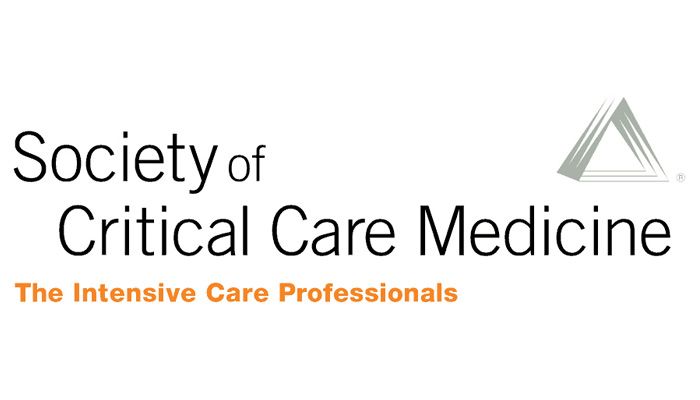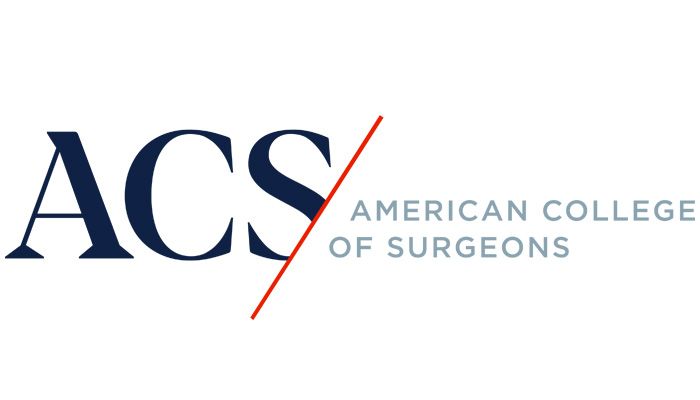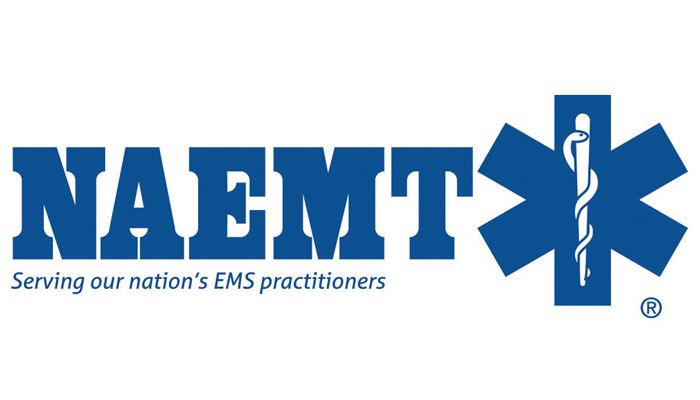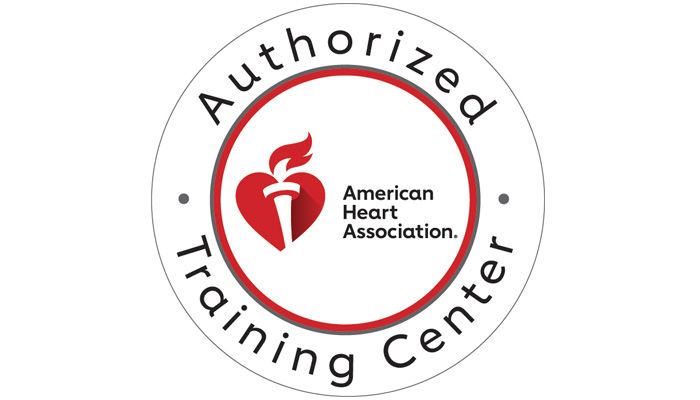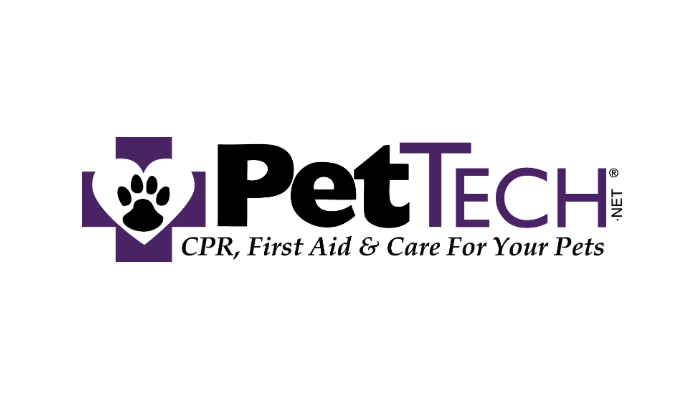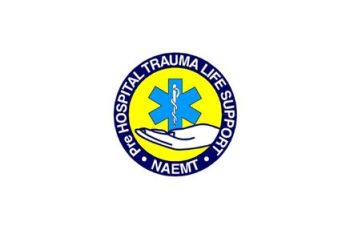
2120 L Street NW, Ste. 530, Washington, DC 20037
202-741-2958
gwtrainingcenter [at] mfa [dot] gwu [dot] edu (gwtrainingcenter[at]mfa[dot]gwu[dot]edu)
The National Association of Emergency Medical Technicians’ (NAEMT) Prehospital Trauma Life Support (PHTLS) course is widely known as the worldwide leading continuing education program for prehospital trauma care. Developed from the Advanced Trauma Life Support (ATLS) course, the PHTLS course increases the quality of trauma care and therefore decreases mortality rate. PHTLS is a continuing education course that is recognized by the National Registry of Emergency Medical Technicians (NREMT) and by the Continuing Education Certification Board for Emergency Medical Services (CECBEMS). This course is intended for any provider that may come in contact with a trauma patient outside the hospital setting. Typical participants include physicians, nurses, paramedics, and EMS. There are no prerequisites to enroll in this course. Successful performance of both a written exam and a skills exam are required for a completion card.
You MUST bring a copy of the CURRENT textbook AND a COMPLETED PRECOURSE ASSESSMENT to the course.
You WILL NOT BE ADMITTED to the class without the required textbook and a completed precourse assessment. You can purchase the manual online.
- Physical Requirements
-
You must be able to physically demonstrate the skills in order to receive a certification.
- Course Content
-
The course includes the following:
- Correct identification of mechanism of injury
- Relation of pathophysiology to injury
- Emphasis on the assessment and management of a trauma patient
- Management and ventilation of airway
- Assessment and immobilization of a pediatric patient
This course does NOT include:
- Formal instruction on the placement of advanced airways
- Formal instruction on rhythm identification and ECG interpretation
- NAEMT Disclaimer
-
The National Association of Emergency Medical Technicians strongly promotes knowledge and proficiency and has developed instructional materials for this purpose. Use of these materials in an educational course does not represent course sponsorship by the National Association of Emergency Medical Technicians, and any fees charged for such a course do not represent income to the Association.

